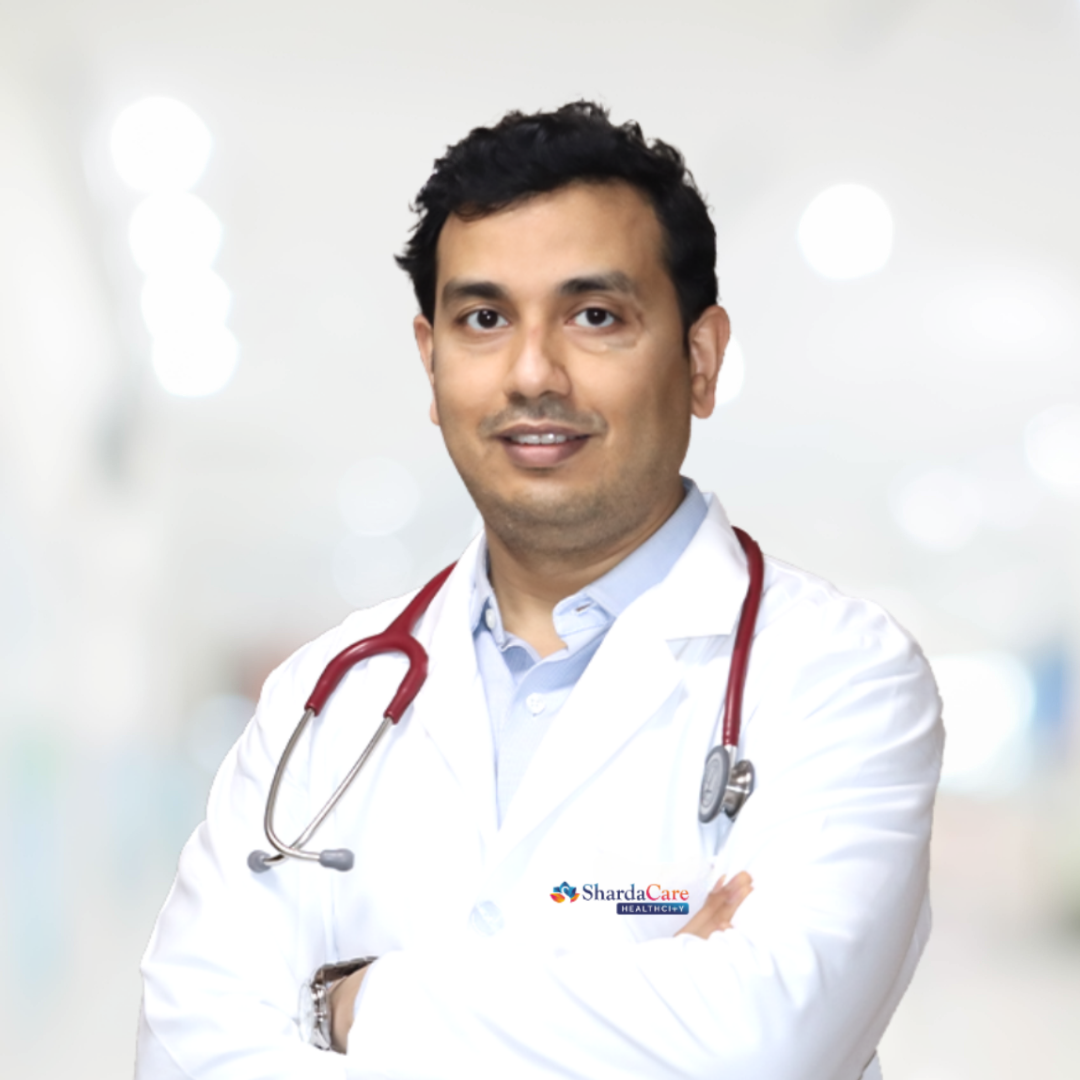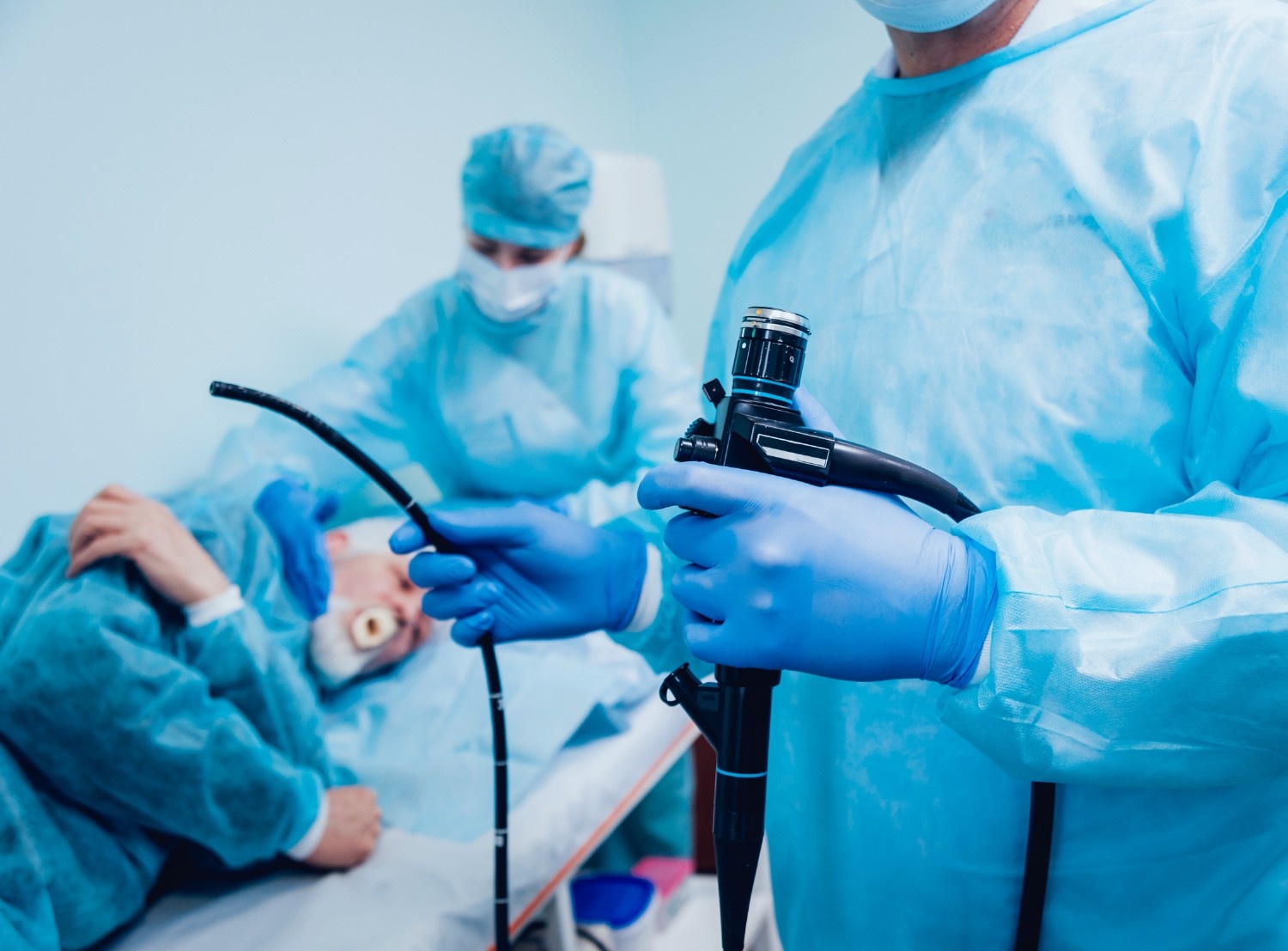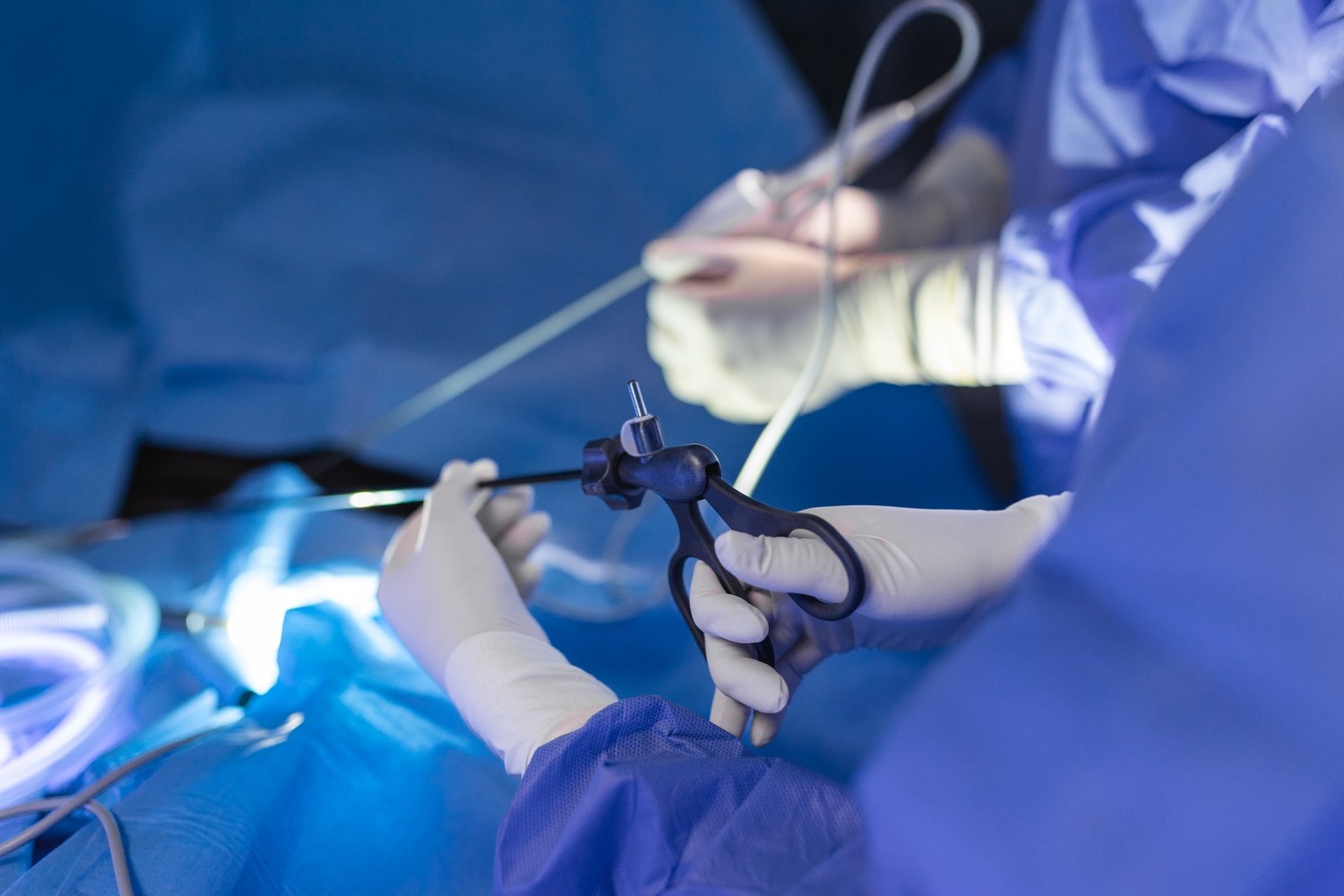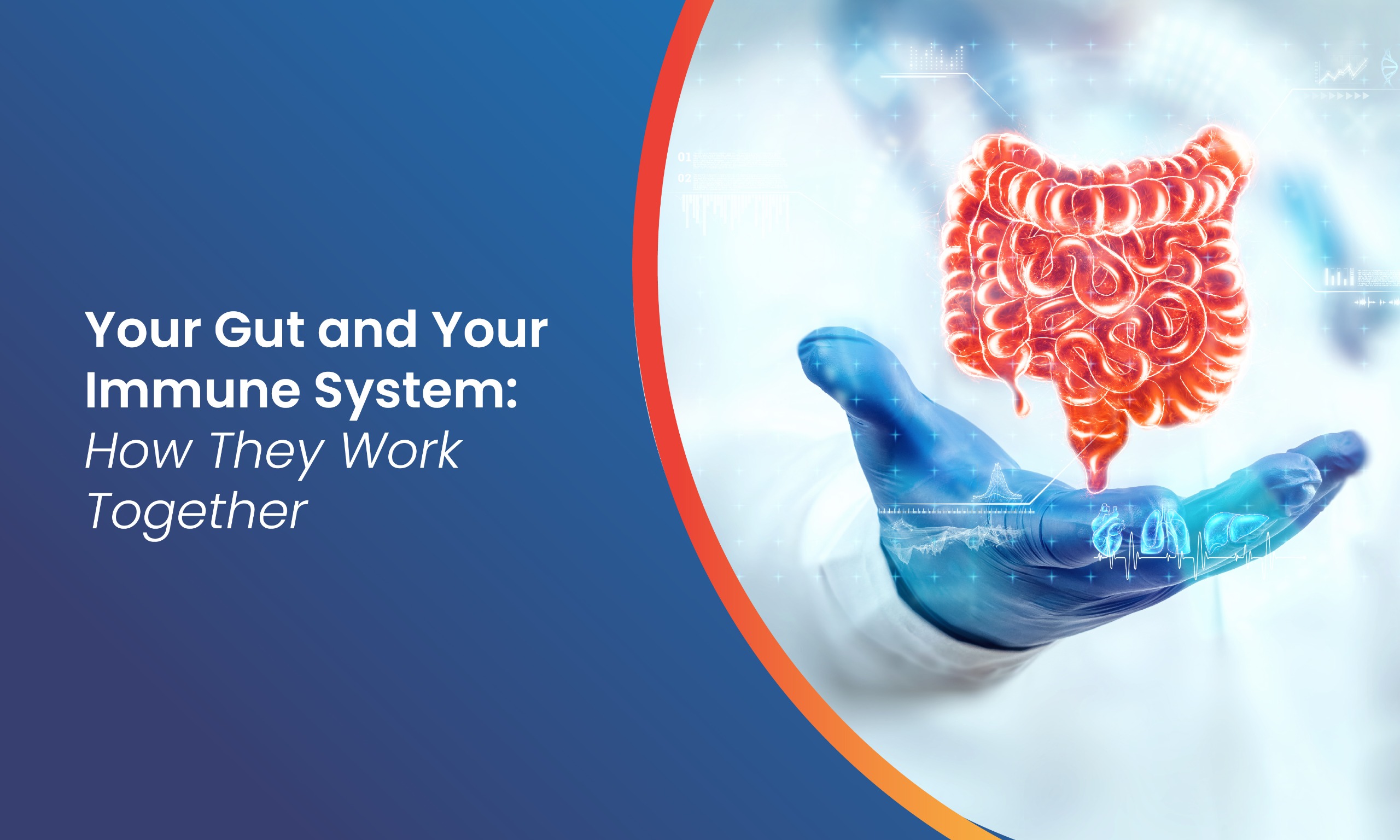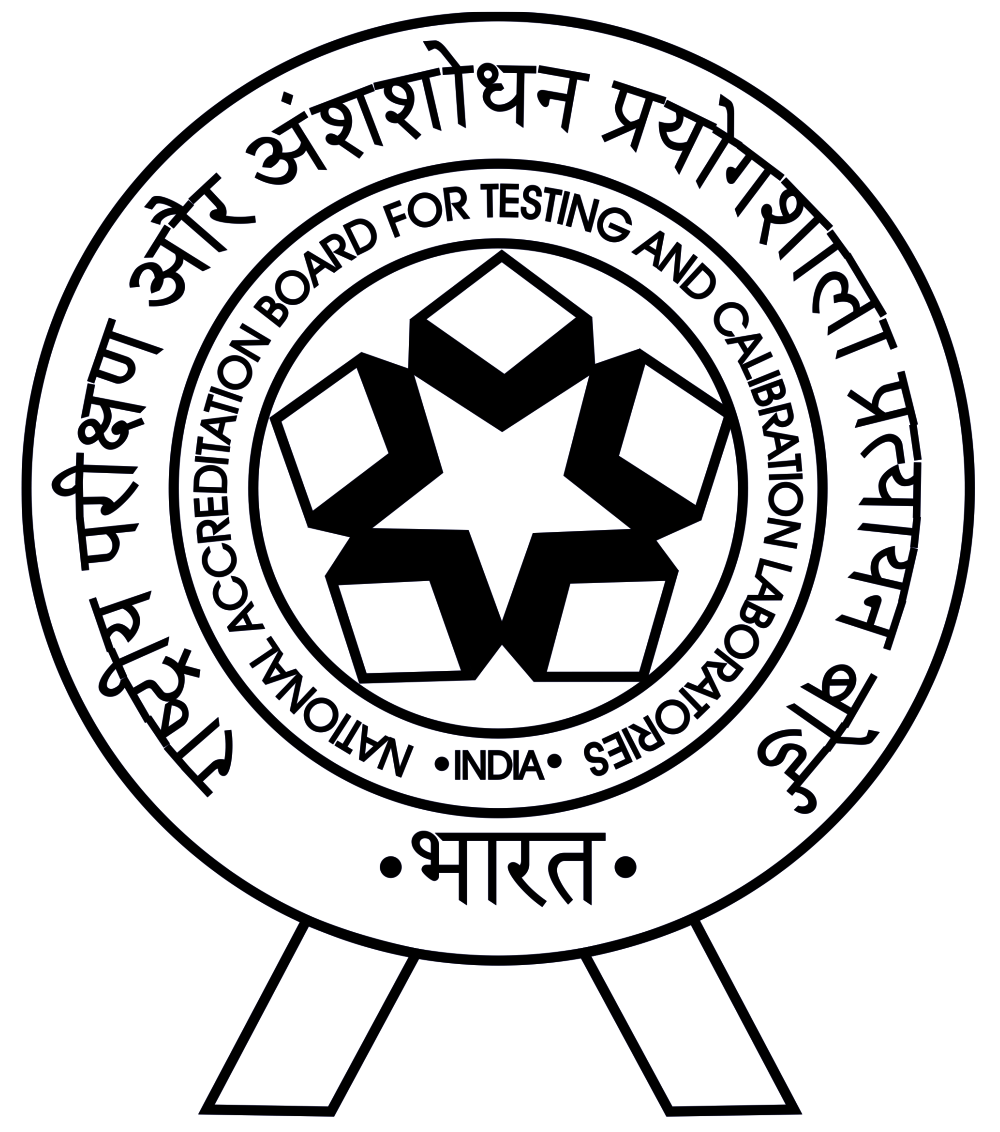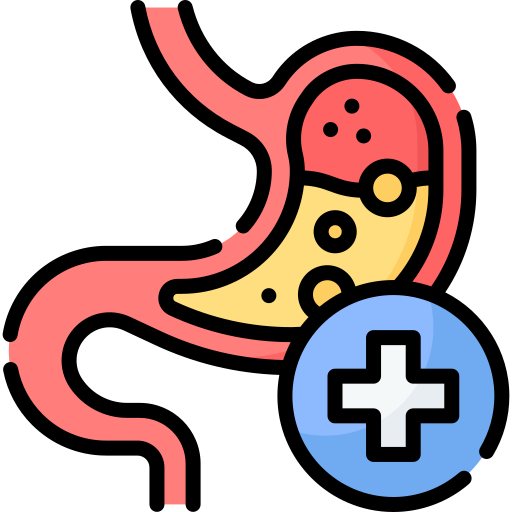
Gastroenterology
Gastroenterology & Hepatology Care at ShardaCare – Healthcity
At ShardaCare - Healthcity, our Gastroenterology and Hepatology Sciences department offers comprehensive care for a wide range of Gastrointestinal, Pancreatic, Liver, and Biliary Disorders. Our team of highly qualified Gastroenterologists and Gastrointestinal Surgeons is dedicated to providing top-notch care using state-of-the-art technology.
Our Gastrointestinal Surgeons specialize in Minimally Invasive Surgery to address major Gastrointestinal issues affecting the Intestines, Pancreas, and Hepatobiliary Tract, including cancers.
We offer various procedures including:
- Endoscopies
These include Gastroscopy, Duodenoscopy, and Enteroscopy to diagnose and treat conditions of the upper gastrointestinal tract.
- Colonoscopy
Used to examine the colon for abnormalities and perform interventions such as polypectomies.
- Endoscopic Ultrasound
This technique allows for biopsies and Fine Needle Aspiration Cytology (FNAC) to diagnose pancreatic and other abdominal conditions.
- Capsule Endoscopy
A non-invasive method to visualize the small intestine using a pill-sized camera.
- ERCP (Endoscopic Retrograde Cholangiopancreatography)
Used for diagnosing and treating conditions of the bile ducts and pancreas.
- Management of acute/life-threatening conditions
Our team is equipped to handle emergencies such as Acute liver failure, GI bleeding, Acute pancreatitis, and more.
- Therapeutic procedures
We offer Polypectomies, Variceal banding, foreign body removal, GI stenting, and Treatment of GI bleed.
- Percutaneous Endoscopic Gastrostomy (PEG) tube placement
Used to provide nutrition in patients unable to eat orally.
- Endoscopic Mucosal Resection (EMR)
A technique for removing abnormal tissue from the digestive tract.
- Biliary procedures
Including gallstone removal and Stenting of the Common Bile Duct (CBD).
Looking for an Expert
Sharda Care The Healthcity is home to some of the eminent Doctors in the world.
Book an Appointment

